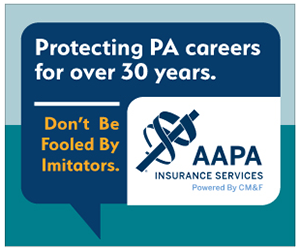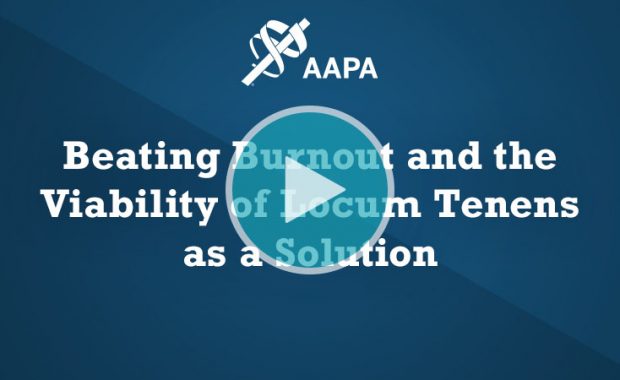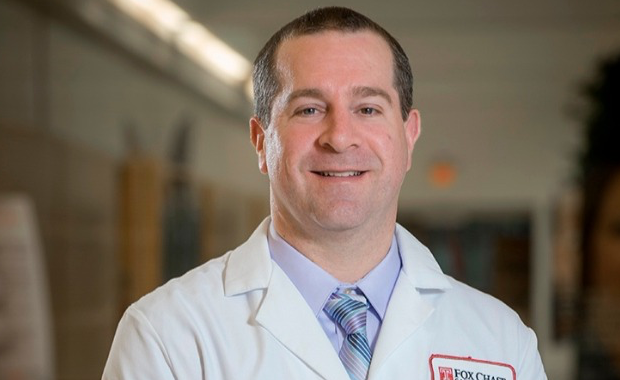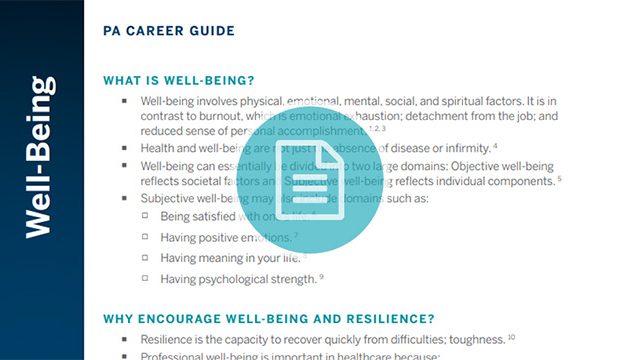Career Resources
Taking A Sabbatical
PAs report high job satisfaction but also suffer from burnout, which can take extended periods to fully recover from. Taking a sabbatical from the profession has many benefits and can help foster burnout recovery.
Contract Assessment and Negotiation Checklist
It’s important to negotiate a contract that empowers you, fits your needs, and protects you. The checklist can help you assess an employer’s contract and identify areas for negotiation.
Tips for Contract Negotiation, Using the AAPA Salary Report
Every day, PA Career Coach Jennifer Hohman uses the AAPA Salary Report to help her clients negotiate their employment contracts. In this article, Jennifer shares how she leverages the Salary Report for her client’s benefit.
Contract and Salary Negotiations
: You’ve landed your first PA job – now it’s time get the salary and perks you want! PA educator James R. Kilgore, DMSc, PhD, PA-C, DFAAPA, shares tips and tricks for negotiating the terms of your contract.

Your Top 5 Career Questions Answered by the PA Career Coach
Jennifer Anne Hohman, the PA Career Coach, answers the top five questions we heard from PAs this year. She offers her expert advice on asking for a raise, negotiating (and renegotiating) your salary, how to land a job as a new grad, and more.
Burnout Can Occur Early Among PAs and PA Students
Although one might think that burnout only occurs in seasoned PA providers, even students can experience burnout. There is hope for the student and early career PA. A national trend toward addressing the mental health of our medical providers includes new assessments and onboarding.
Putting on Your Oxygen Mask: The Importance of Taking Care of Your Mental Health to Succeed in PA School
Mental health affects everyone from PA students to practicing PAs. Join AAPA for this webinar featuring a discussion on mental health. Learn what you can do now to and as you prepare for your PA career to take care of yourself!
PA Wellness
At AAPA, we’re here to support your PA well-being and fight PA burnout by ensuring your emotional, physical, social, workplace, and societal well-being.

Fact-Checked: Myths About Malpractice Insurance
AAPA has partnered with CM&F for more than 20 years to provide trusted insurance protection for PAs’ assets and careers. To help you understand the complexities of malpractice insurance, they debunk five of the most common myths they hear from PAs.

What PAs Need to Know About Malpractice Insurance
All clinically practicing PAs should carry professional liability coverage, often called malpractice insurance, during all time periods in which they practice. But the ins and outs of malpractice insurance can be confusing, so we have the official answers to nine of your most frequently asked questions.

Protecting Your Assets and Your Career
Learn basic concepts of medical malpractice law, how they apply to PAs, and how you can transfer malpractice risk away from the PA’s personal assets.

Beating Burnout and the Viability of Locum Tenens as a Solution
Thomas Massing, a Locums Tenens PA, and Mike Freeman, a dedicated staffing professional, will share with you what causes burnout among PAs and how locums can be a viable solution and how to capitalize on this opportunity.

FirstHealth Center for Provider Well-being Serves Providers and Families
Center Offers a Wealth of Resources to Address Provider Burnout. By Susan D. Kopynec, PA-C Emeritus, DFAAPA.

PAs in Oncology Report Burnout and High Satisfaction
Compassion Fatigue Contributes to Emotional Tolls. By Eric Tetzlaff, MHS, PA-C, DFAAPA.

Joint Task Force on Burnout: Well-Being Fact Sheet
Well-being and resiliency are very important for clinicians. Learn why and then find out how to encourage well-being and resiliency in a healthcare setting, from the system level to individuals.

